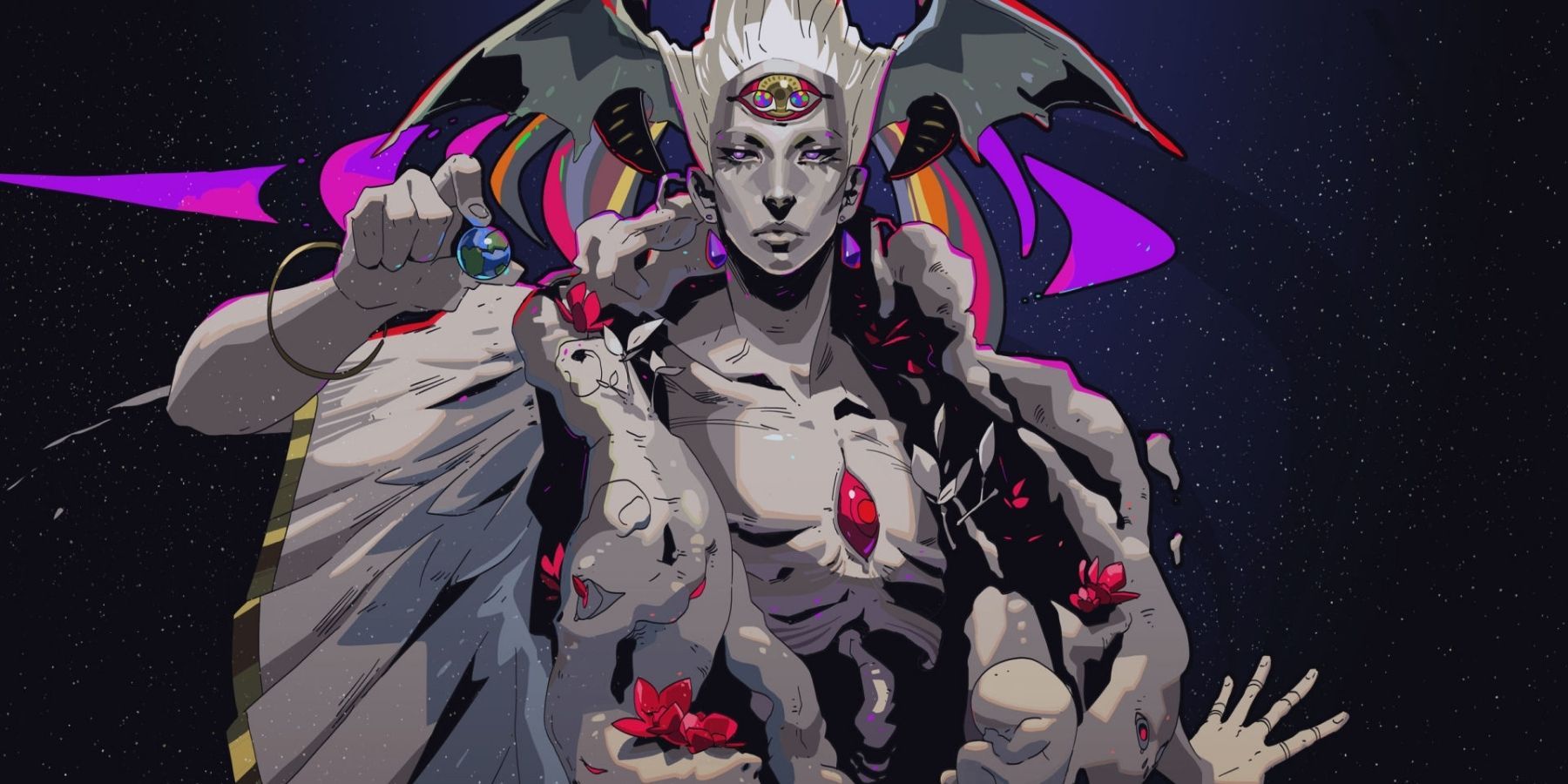While roguelikes are known for their punishing game design, Hades defies convention to be something truly special. By merging long-term progression with short-term frustration, it allows fans of the genre to enjoy the trial-and-error format while also inviting new players to enjoy experience too by making every run, no matter how successful, feel like a genuine achievement. This all rests on a combat system that is diverse in its approach, provides a litany of enemies who all do damage in unique ways, and a well-balanced difficulty. The Supergiant-developed game may be leaving Xbox Game Pass on August 31, but there are so many things it does right that it's still worth a purchase on other hardware.
Unlike Dead Cells or The Binding of Isaac that have vague stories, Hades wields a detailed tale about one boy's sparse triumphs in an abundance of failures. Along the way Zagreus interacts with figures from Greek myth, be it the plucky and optimistic Sisyphus or the insufferable Theseus who never seams to tire of ridiculing Zagreus' multitude of escape attempts. However, while these encounters are always a delight, it's the gods of Olympus who steal the show, popping up at regular intervals to offer some wisdom and much-needed help.
The Flawed Gods of Olympus
Tales of their heroics are known to so many around the globe, but Hades approaches the gods of Olympus with a layer of realism and honesty. While they offer valuable assistance throughout each run, and some like Artemis are friends throughout, the gods that are presented always seem to be a little less than perfect. For all his might, Zeus comes across as arrogant, selfish, and unaccountable for his actions. The help he provides by way of Boons like Electric Shot is welcome, as it makes the run easier, but taking it from a man who never seems like a true hero makes the story feel all the more gripping.
Hermes, the messenger god who offers speed-based upgrades, offers huge gameplay benefits. However, any interaction with him feels far too fleeting, and the speed in which he talks makes it seem as though he isn't truly sympathetic to Zagreus' efforts. The gods presented in Hades always feel detached from what's actually happening as they sit on their respective thrones. Compared to the likes of Hypnos, Thanatos, Sisyphus and Achilles, the gods of Olympus don't really offer any kind of genuine friendship. This is far from what they're made out to be in games like Immortals Fenyx Rising or Kid Icarus: Uprising, making Hades' take on the characters feel all the more fresh and exciting.
Boons Fitting of Olympus
Unlike God of War that has mythological gods as side characters to just serve the plot, Hades not only has Olympus to push its narrative forward, but to help massively in the gameplay department, as well. Zagreus may start each new run with nothing, but he soon finds ways to carry the might of the gods with him as he desperately attempts to leave his home behind. The shocking power of Zeus or the playful, but dangerous and drunken abilities of Dionysus are with Zagreus until he either succeeds or fails, and while their characters are absent during combat, their presence is felt in buckets.
Duo Boons from a pair of gods do well to make their impact feel collaborative. Ares and Aphrodite may have limited dialogue with each other, but the Duo Boon, Curse of Longing fuses the two characters' abilities to create something far more destructive while also making it feel as though Ares and Aphrodite make a good team. Boons make it feel as though the gods of Olympus are receiving adequate character development even when Zagreus is in the heat of battle. They're not just side characters who flesh out the story, but are genuinely useful even when they're not around.
Hades' Heavenly Character Models
While visuals are perhaps not usually a significant factor in developing a character, Hades utilizes an art style that makes each feel unique and faithful to the Greek myth from which they came. Hermes' youthful energy in Hades is shown not just by dialogue, but also in his character pose and clothing. Something as simple as him looking away from the camera when he speaks makes him feel as though he's disinterested by Zagreus' efforts. Ares' hulking battle armor and Persephone's cropped blonde hair with lavender resting on her ears and basket full of ripe fruit all do well to capture the essence of their respective characters. Hades' aesthetic style is eccentric enough to feel truly different, but doesn't go overboard with its artistic license.
For all its great moments, God of War's take on Zeus, Hercules, and even Hades feels bland in comparison to what Supergiant has achieved. They are by no means bad, but they look exactly as players would expect them to. The same could be said of games like Smite and Immortals Fenyx Rising. None have an art style anything close to Hades' visuals, and the latter clearly does better by the characters that people all over the world have become accustomed to.
While there are other games that take advantage of any number of mythologies, Hades takes on the mighty task of faithfully recreating the gods of Olympus, but as they have been leaned on heavily in other media it was surely a near-impossible feat to make them feel fresh again. There is always more room for Greek mythology to be used in gaming, but Hades sets the bar to new heights that it'll be hard for any developer, both indie or AAA, to truly stand out.
Hades is available on PC, PS4, PS5, Switch, Xbox One, and Xbox Series X/S.

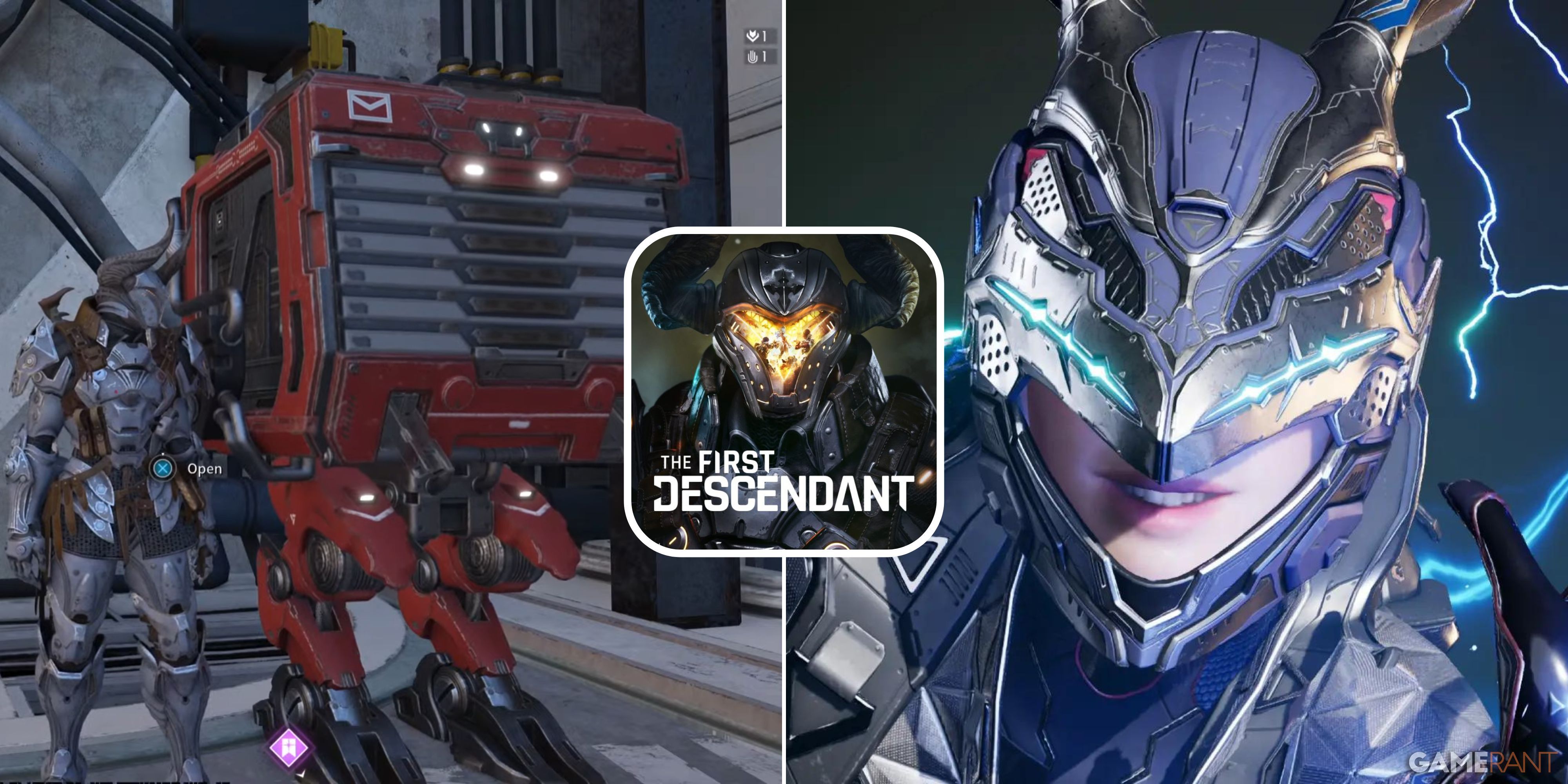
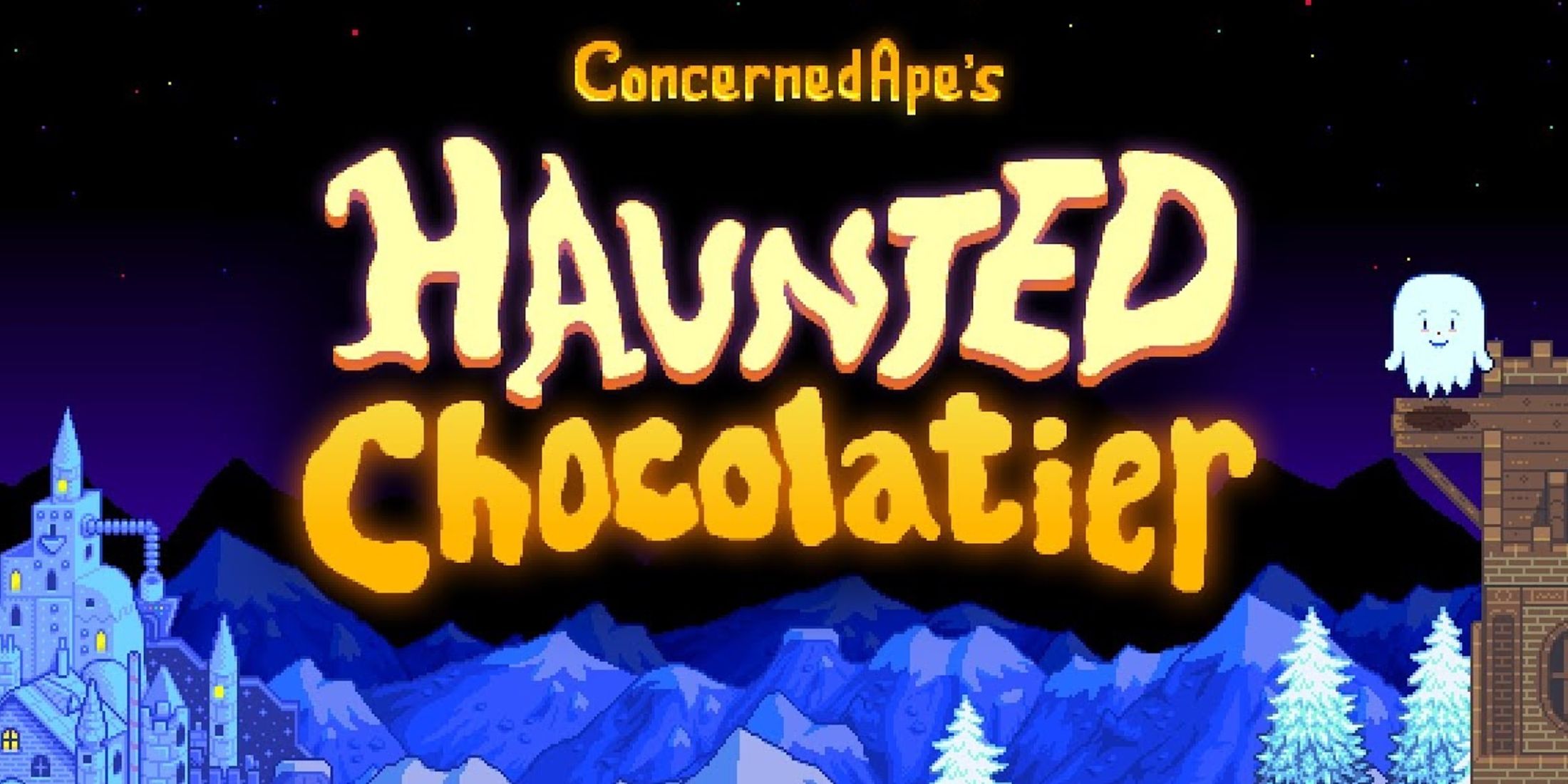

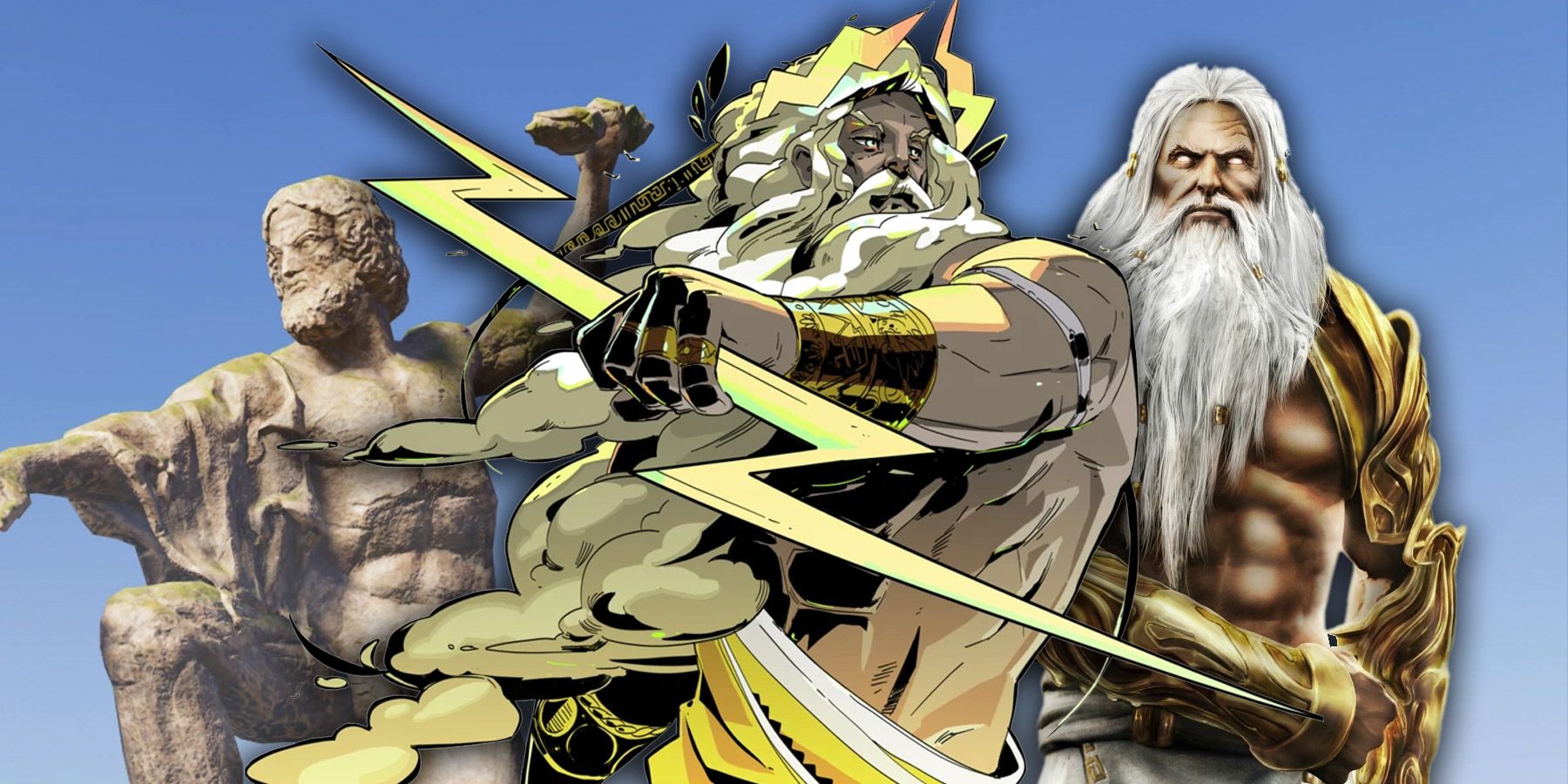
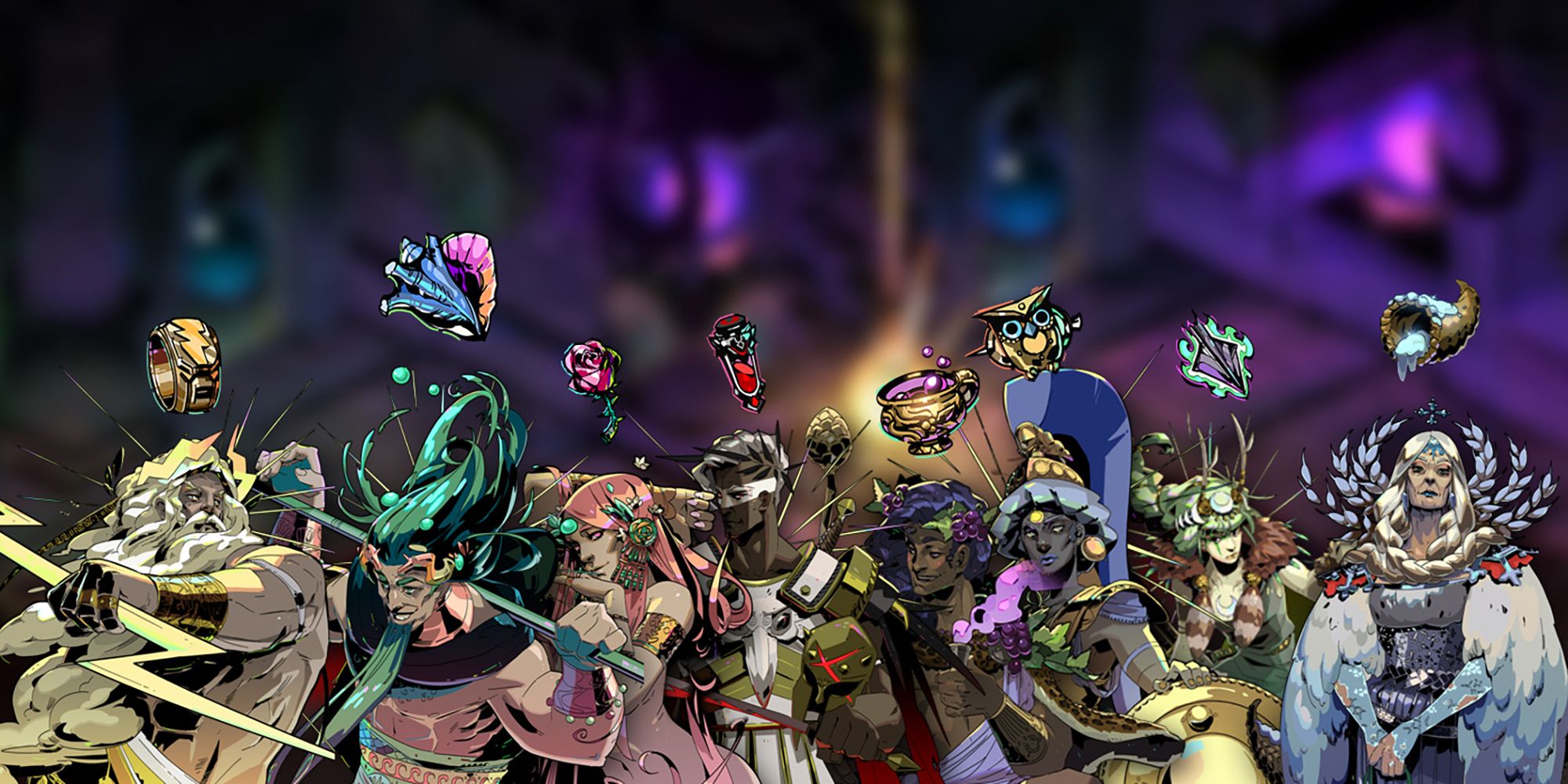
.jpg)
